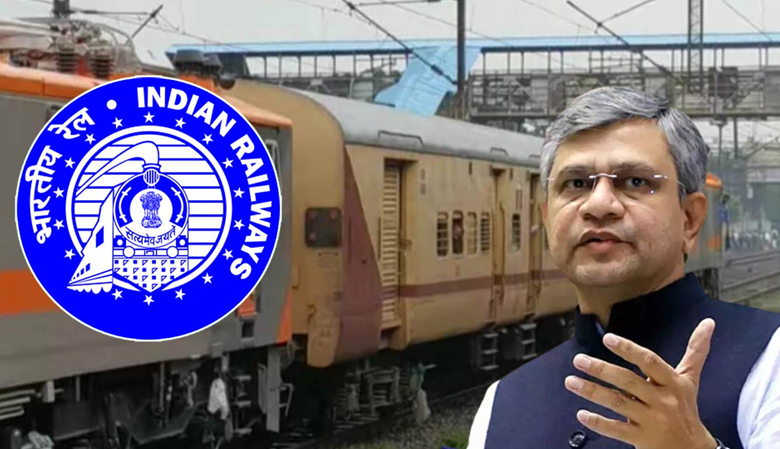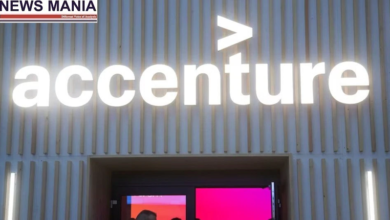Indian Government Approves Rs 24,657 Crore Railway Projects to Enhance Connectivity and Economic Growth

News Mania Desk/Agnibeena Ghosh/11th August 2024
The Cabinet Committee on Economic Affairs (CCEA), under the leadership of Prime Minister Narendra Modi, has sanctioned eight new railway line projects across India, representing a significant step forward in enhancing the nation’s transportation infrastructure. These projects, with a total estimated cost of approximately Rs 24,657 crore, are aligned with the broader vision of creating a more connected and self-reliant India. Scheduled for completion by 2030-31, these initiatives are set to transform India’s rail network, improve logistical efficiency, and contribute to the country’s economic growth.
The approval of these projects underscores the government’s commitment to improving connectivity in regions that have traditionally been underserved. By establishing new railway lines in various states, the projects aim to connect previously unconnected areas, facilitating smoother travel and more efficient transportation networks. This, in turn, will streamline supply chains and accelerate economic growth in these regions.
These projects are not just about building infrastructure; they are part of a larger strategy outlined in the PM-Gati Shakti National Master Plan. This integrated planning approach aims to create multi-modal connectivity, ensuring seamless movement of people, goods, and services across the country. The new railway lines will cover 14 districts across seven states: Odisha, Maharashtra, Andhra Pradesh, Jharkhand, Bihar, Telangana, and West Bengal. The expansion will add approximately 900 kilometers to the existing railway network, with the construction of 64 new stations, significantly enhancing connectivity for six aspirational districts and benefiting around 40 lakh people in over 510 villages.
One of the notable aspects of these projects is the emphasis on improving access to key cultural and tourist destinations. For instance, the Ajanta Caves, a UNESCO World Heritage site, will be connected to the Indian Railway Network, making it more accessible to tourists. This connection is expected to boost tourism and contribute to the local economy.
From an economic perspective, the projects are expected to generate direct employment opportunities for about three crore man-days during the construction phase. This will not only provide jobs but also stimulate local economies in the regions where the projects are being implemented.
The new railway lines will play a crucial role in the transportation of essential commodities such as agricultural products, fertilizers, coal, iron ore, steel, cement, bauxite, limestone, and more. The capacity augmentation from these projects is expected to result in additional freight traffic of 143 million tonnes per annum (MTPA). Moreover, the environmental benefits of these projects are significant. The railways, being an energy-efficient and environmentally friendly mode of transportation, will help India achieve its climate goals. The projects are expected to reduce oil imports by 32.20 crore liters and lower CO2 emissions by 0.87 million tonnes, equivalent to the planting of 3.5 crore trees. In summary, the approval of these eight new railway line projects marks a significant investment in India’s infrastructure, aimed at improving connectivity, boosting economic growth, and achieving environmental sustainability. The projects align with the government’s broader vision of a self-reliant India, enhancing mobility, and providing new opportunities for employment and economic development across multiple states.






